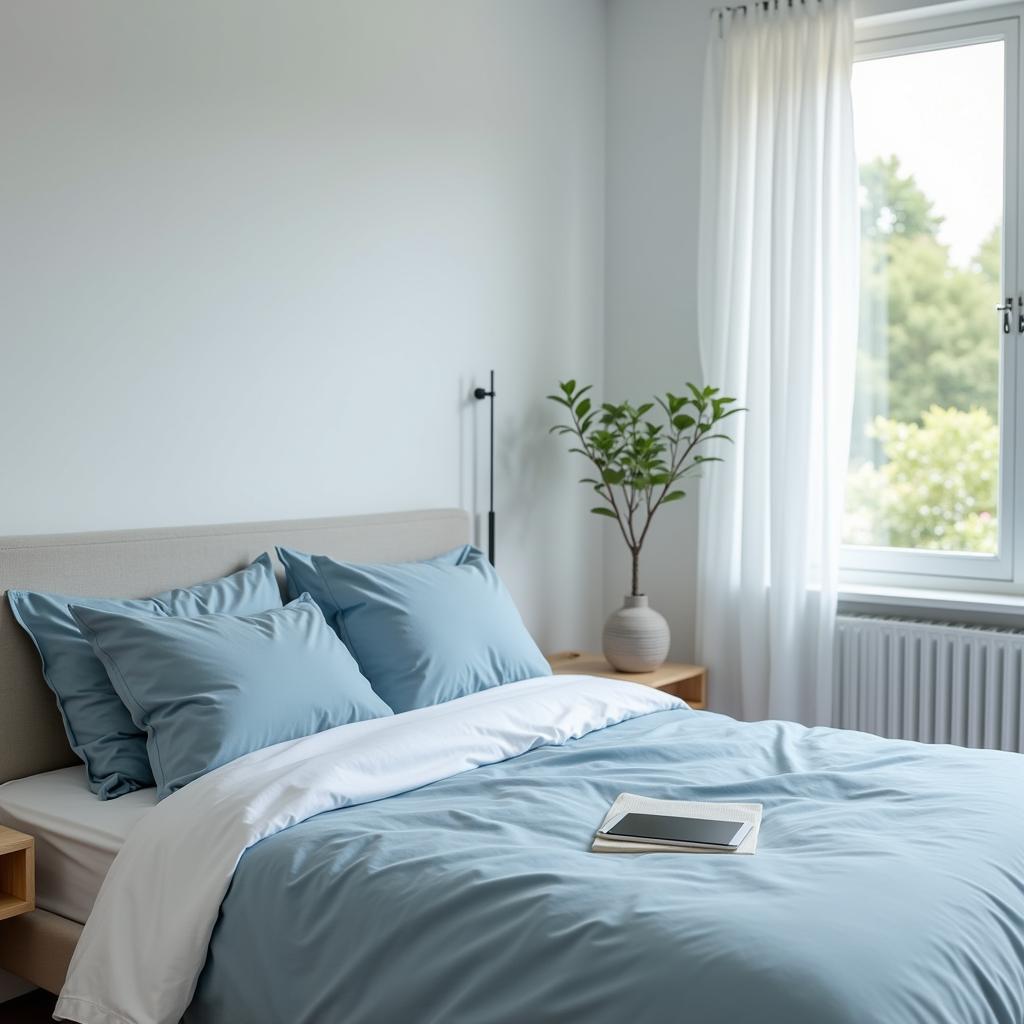Best Sleep Habits for Productivity: A Complete Guide
In today’s fast-paced world, productivity is often linked to how well we manage our time and tasks. However, a crucial yet often overlooked factor in achieving optimal productivity is sleep. Poor sleep habits can lead to decreased focus, impaired memory, and overall lower efficiency. In this article, we’ll explore the best sleep habits for productivity and how cultivating them can lead to improved performance in your daily life.
Understanding the Connection Between Sleep and Productivity
Before delving into specific habits, it’s important to understand why sleep is essential for productivity. Sleep is not merely a time for your body to rest; it is a critical phase where your brain processes information, consolidates memories, and helps regulate emotional health. When you experience inadequate or poor-quality sleep, it can lead to:
- Reduced Cognitive Function: Sleep deprivation can affect your ability to think clearly, make decisions, and solve problems effectively.
- Decreased Creativity: A well-rested brain is more capable of generating new ideas and thinking outside the box.
- Lower Energy Levels: Lack of sleep can contribute to feelings of fatigue, making it difficult to stay motivated throughout the day.
- Increased Stress: Poor sleep patterns can escalate stress levels, further hindering your ability to concentrate and work efficiently.
Establishing the Best Sleep Habits for Productivity
Now that we understand the profound effect of sleep on productivity, let’s discuss actionable steps to improve your sleep habits. Here are some of the best practices you can integrate into your routine:
1. Prioritize Sleep
First and foremost, recognize the importance of sleep as a priority. Aim for 7-9 hours of quality sleep per night, depending on your individual needs. Creating a bedtime routine that includes winding down activities can signal your body that it’s time to rest.
2. Create a Sleep-Inducing Environment
The environment in which you sleep plays a significant role in the quality of your rest. Consider the following tips:
- Keep the Room Dark: Use blackout curtains or an eye mask to block light, which can interfere with your body’s circadian rhythm.
- Control the Temperature: The optimal sleep temperature typically ranges between 60-67°F (15-19°C).
- Minimize Noise: Use white noise machines or earplugs to drown out disruptive sounds.
- Invest in Comfortable Bedding: A quality mattress and supportive pillows can significantly enhance your sleeping experience.
3. Set a Consistent Sleep Schedule
Consistency is key when it comes to sleep. Try to go to bed and wake up at the same time every day, even on weekends. This practice helps regulate your body’s internal clock and improves the quality of your sleep.
4. Limit Screen Time Before Bed
The blue light emitted by phones, tablets, and computers can hinder melatonin production, making it difficult to fall asleep. It’s advisable to avoid screens at least one hour before bedtime. Instead, opt for relaxing activities such as reading a book or practicing mindful meditation.
5. Monitor Your Diet
Your food intake can significantly affect your sleep patterns. To promote better sleep:
- Avoid Caffeine: Limit caffeine intake in the afternoon and evening as it can disrupt sleep.
- Be Mindful of Alcohol: Although alcohol might make you feel sleepy initially, it can lead to disrupted sleep cycles.
- Eat Light in the Evening: Heavy meals before bed can lead to discomfort and affect your ability to fall asleep.
6. Incorporate Physical Activity
Regular physical activity can help improve sleep quality. Aim for at least 30 minutes of moderate exercise most days. However, avoid strenuous workouts close to bedtime, as they may energize you and make it harder to sleep.
7. Manage Stress and Anxiety
High stress levels can lead to poor sleep quality. Implementing relaxation techniques such as deep breathing, yoga, or meditation can help calm your mind before bedtime. A warm bath or shower can also be beneficial in relaxing your body and preparing you for sleep.
8. Consider a Sleep Diary
Tracking your sleep can provide insights into your sleep patterns and highlight areas for improvement. Record your sleep duration, quality, and any factors that might have affected your sleep (like diet and stressful events). This data can help you identify trends and adjust your habits accordingly.
Conclusion
Embracing the best sleep habits for productivity is not just about getting adequate rest; it’s about fostering a lifestyle that prioritizes overall well-being and mental clarity. By establishing a consistent sleep regime, creating an ideal sleep environment, and managing your daily activities, you can enhance your sleep quality and, consequently, your productivity. Remember, quality sleep is an investment in your health, well-being, and work performance. Start implementing these strategies today to experience the transformative power of restorative sleep.







